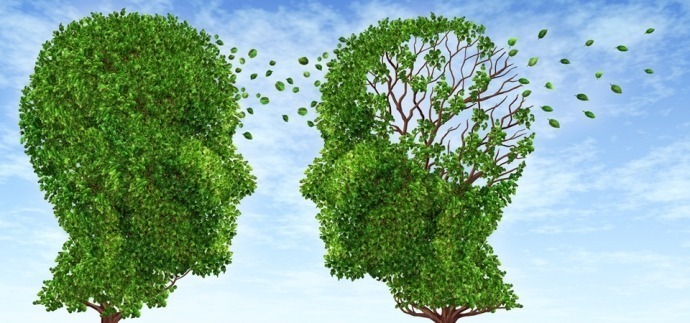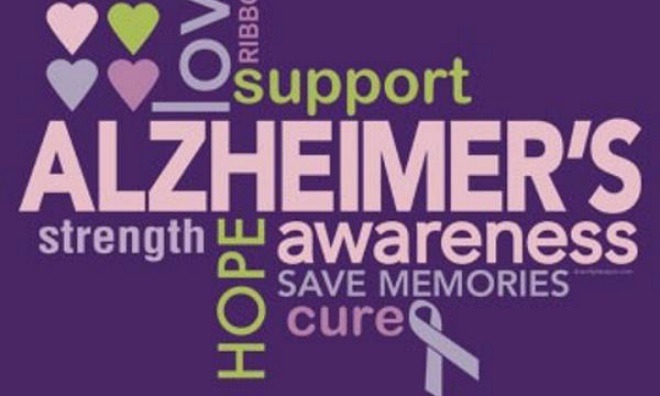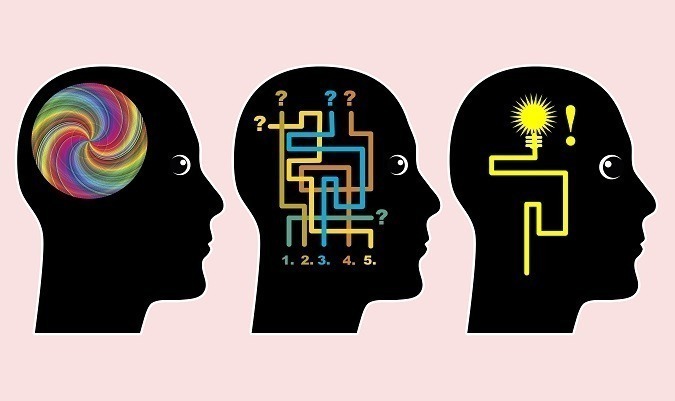Posts Tagged ‘Brain-Plasticity’
10 Key Facts To Harness Brain Plasticity And Prolong Brain Health
— In honor of Alzheimer’s & Brain Awareness Month, let’s discuss 10 Key Facts To Harness Brain Plasticity And Prolong Brain Health (HuffPost): June is Alzheimer’s & Brain Awareness Month, so let me share 10 Key Facts to harness brain plasticity & prolong brain health that come from the hundreds of scientific and medical studies we analyzed to…
Read MoreNeuroimaging study finds extensive brain rewiring–in just six months–among illiterate adults learning to read and write
— Learning to read and write rewires adult brain in six months (New Scientist): “Learning to read can have profound effects on the wiring of the adult brain – even in regions that aren’t usually associated with reading and writing. That’s what Michael Skeide of the Max Planck Institute for Human Cognitive and Brain Sciences…
Read MoreIn honor of Alzheimer’s & Brain Awareness Month, let’s discuss 10 Key Facts To Harness Brain Plasticity And Prolong Brain Health
— June is Alzheimer’s & Brain Awareness Month, so let me share 10 Key Facts to harness brain plasticity & prolong brain health that come from the hundreds of scientific and medical studies we analyzed to
Read MoreEight research teams working with DARPA to discover best ways to activate neuroplasticity and accelerate learning
DARPA Funds Brain-Stimulation Research to Speed Learning (DoD news): “The Defense Advanced Research Projects Agency is working with seven U.S. universities and elements of the Air Force and Army on research that seeks to stimulate the brain in a non-invasive way to speed up learning. DARPA announced the Targeted Neuroplasticity Training, or TNT, program
Read MoreFact: Lifelong neuroplasticity means our 7.5 billion brains can “sculpt” themselves
— Much ongoing brain health and brain enhancement innovation is enabled by the core fact—called neuroplasticity–that the human brain continually changes itself through experience. Neuroplasticity–or brain plasticity– refers to the brain’s ability to rewire itself based on experience by generating new neurons and by forming new connections between neurons, among other factors. It was believed for…
Read MoreHelping bridge neuroscience and education: 30+ experts debunk the theory of fixed, rigid “learning styles”
No evidence to back idea of learning styles (OpEd in The Guardian co-authored by 30+ neuroscientists and psychologists): “There is widespread interest among teachers in the use of neuroscientific research findings in educational practice. However, there are also misconceptions and myths that are supposedly based on sound neuroscience that are prevalent in our schools. We…
Read More





